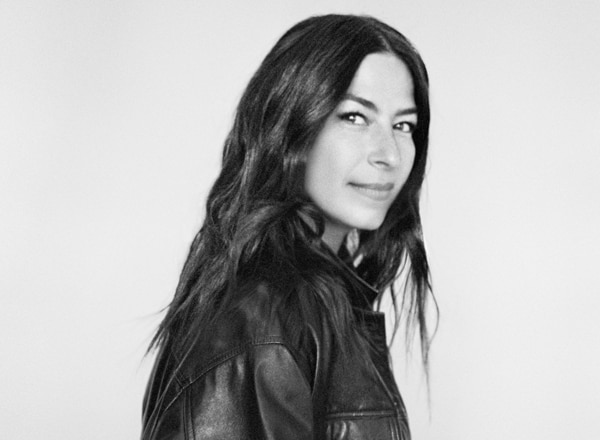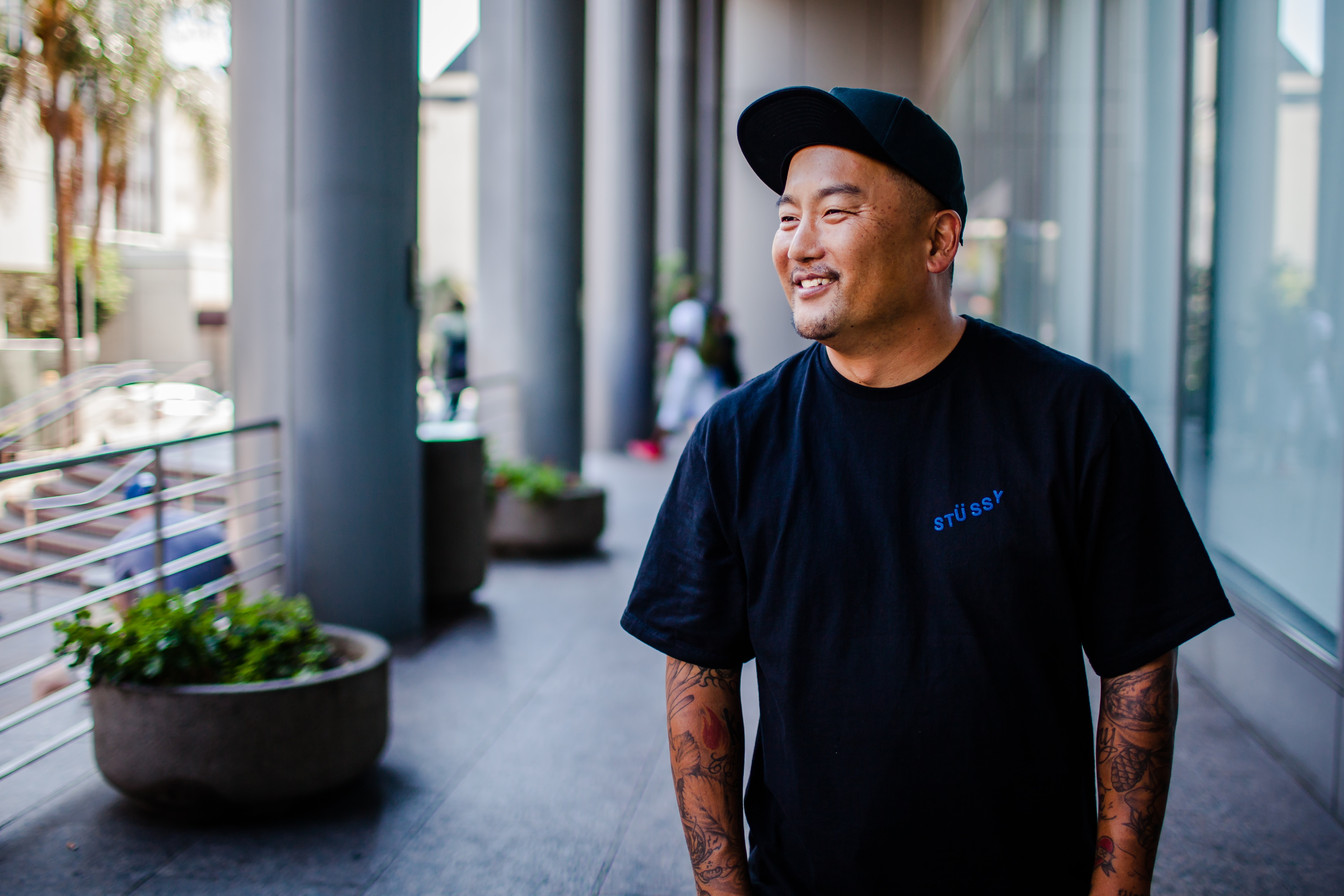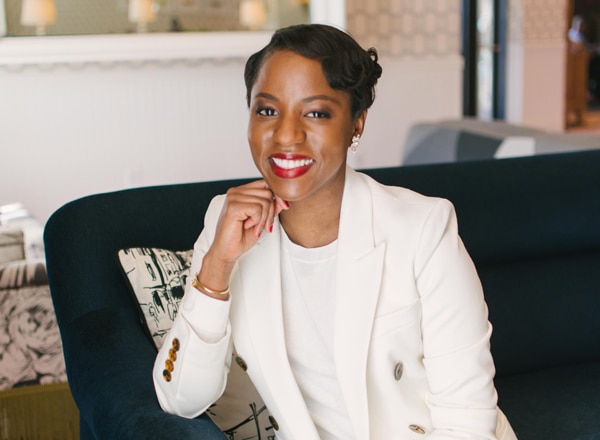For Arum Kang, co-founder of the dating app Coffee Meets Bagel, entrepreneurship was in her blood. Originally from South Korea before immigrating to San Francisco, her father ran his own scrap iron business and her mother managed bars and restaurants. After obtaining her MBA degree from Harvard Business School, Arum co-founded Coffee Meets Bagel with sisters Soo and Dawoon Kang. In 2015, Arum and her sisters pitched the idea on Shark Tank and famously rejected the single largest offer in Shark Tank history.
Coffee Meets Bagel is a competitor to the likes of Tinder and Bumble, making over one billion introductions to date. Arum and her Coffee Meets Bagel team are responsible for more than 100,000 couples in happy relationships.
In celebration of her entrepreneurial success, QuickBooks sat down with Arum to learn about her most impactful business lessons:











